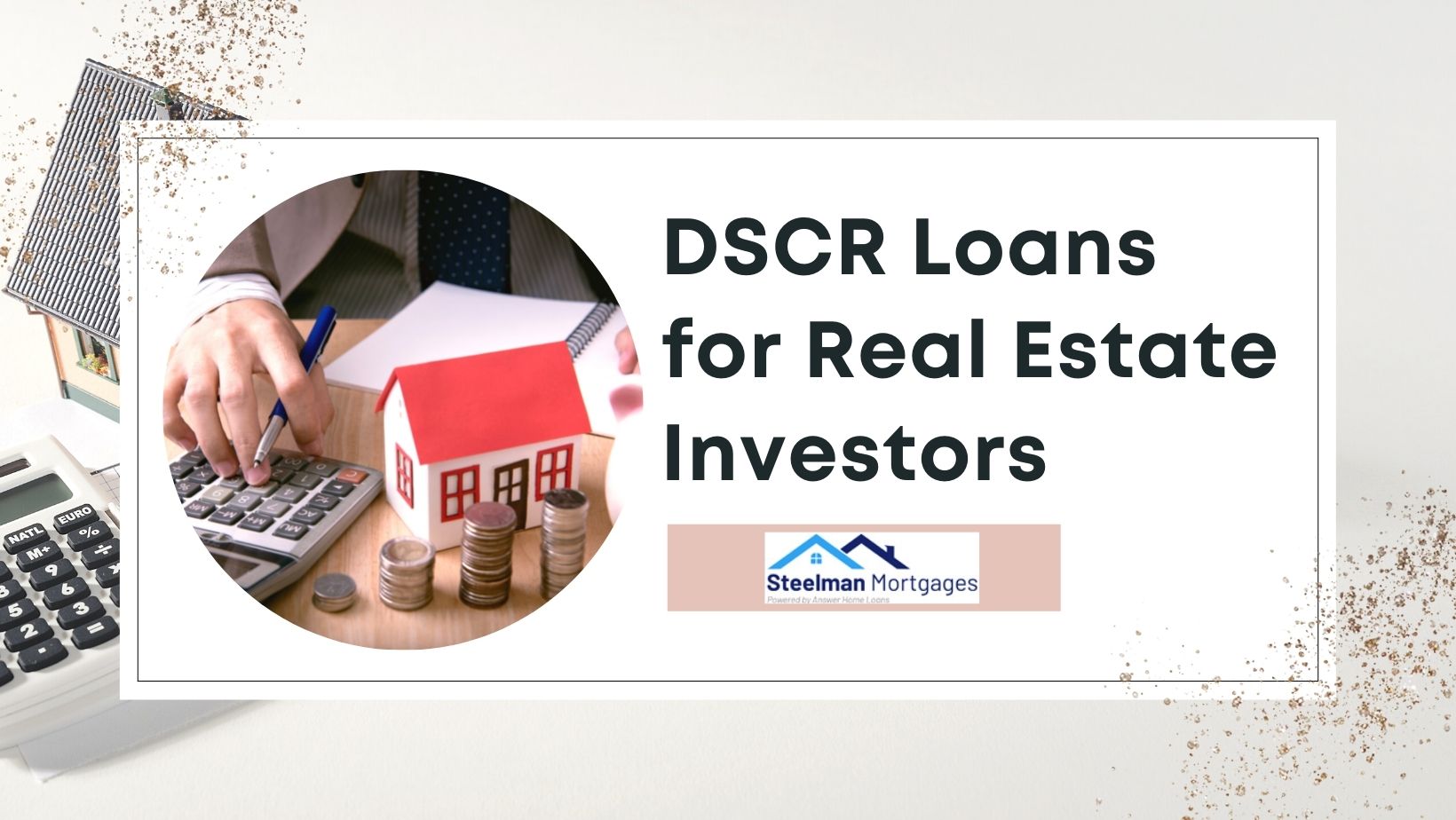
DSCR loans are an ideal option for some real estate investors, increasing the opportunity to purchase passive income properties. If you are confident the property you are considering will bring in the income you need to cover your mortgage payments on the property, you may not need as much capital as you think to qualify.
How do you know if a DSCR loan is right for you? Check out our article below to find out.
What is a DSCR Loan?
A DSCR loan is a mortgage product offered to real estate investors. DSCR stands for Debt Service Coverage Ratio. This is the ratio of income from a property to the debt payments (including principal and interest). For example, an annual income of $125,000 for a property on which you own $100,000 annually has a DSCR of 1.25.
A DSCR loan is secured by the expected monthly income from the property, rather than the cash reserves or verified income of the borrower. You won’t need to show a tax return or pay stub when you apply for a DSCR loan.
What Terms Can I Expect on a DSCR Loan?
DSCR loan terms will vary, but there are a few things you can expect. Closing times tend to be much shorter with a DSCR loan, because underwriters don’t need to verify income or employment, and don’t need to spend time looking over tax returns. This shorter timeline may work in your favor if you are in a bidding war for a highly desirable investment property. Presenting an offer that allows the sellers to have cash in hand more quickly than other offers may end up being the winning factor in your purchase.
A DSCR of 1.0 or above will generally be required to qualify for a DSCR loan. The higher the property’s DSCR, the better the interest rate on the loan will be.
There is no limit on the number of DSCR loans an investor can have simultaneously, as they are approved based on the DSCR instead of debt-to-income ratios, tax returns, or income.
Down payments on a DSCR loan will vary, but it is typical to put 20% to 25% down.
How is DSCR Calculated for the DSCR Loan?
An appraiser will determine the DSCR of the property by putting together a comparable rent schedule. The existing lease agreement will also be secured, where applicable. The lower number of the two will be used to determine the NOI, or Net Operating Income, of the property.
The debt portion of the formula is whatever you will be making in payments for the proposed property. The ratio is then calculated with these two numbers (e.g. NOI: Annual Debt Obligations).
Related: Understanding Loan Commitment
Who is the Best Fit for a DSCR Loan?
DSCR loans are perfect for someone who doesn’t have a high enough verified income to qualify for other loan products. This might be because of self-employment, or income from investments that does not look high enough on tax returns because of write-offs and deductions.
DSCR loans are also perfect if you want to quickly purchase properties to build your portfolio. The loan process is typically much more efficient than with other types of loans, making it an ideal way to quickly generate more cash flow.
You may also prefer a DSCR loan as a real estate investor if you are working towards separating your business and personal finances. A DSCR loan can be put in your business’ name rather than your own, as it is not based on your income or employment.
If a DSCR loan sounds like it might be the right fit for your next investment, contact us today for more information and to see how we can help!
More Information for Homeowners
How To Know How Much Equity I Have In My Home
How Best to Take Advantage of Your Home Equity Gains
3 Ways to Know if Refinancing is Right For You
What is Asset Qualifier Mortgages?
Bank Statement Home Loan Programs Work Well for Self-Employed
How Much Can I Save By Having Good Credit?





